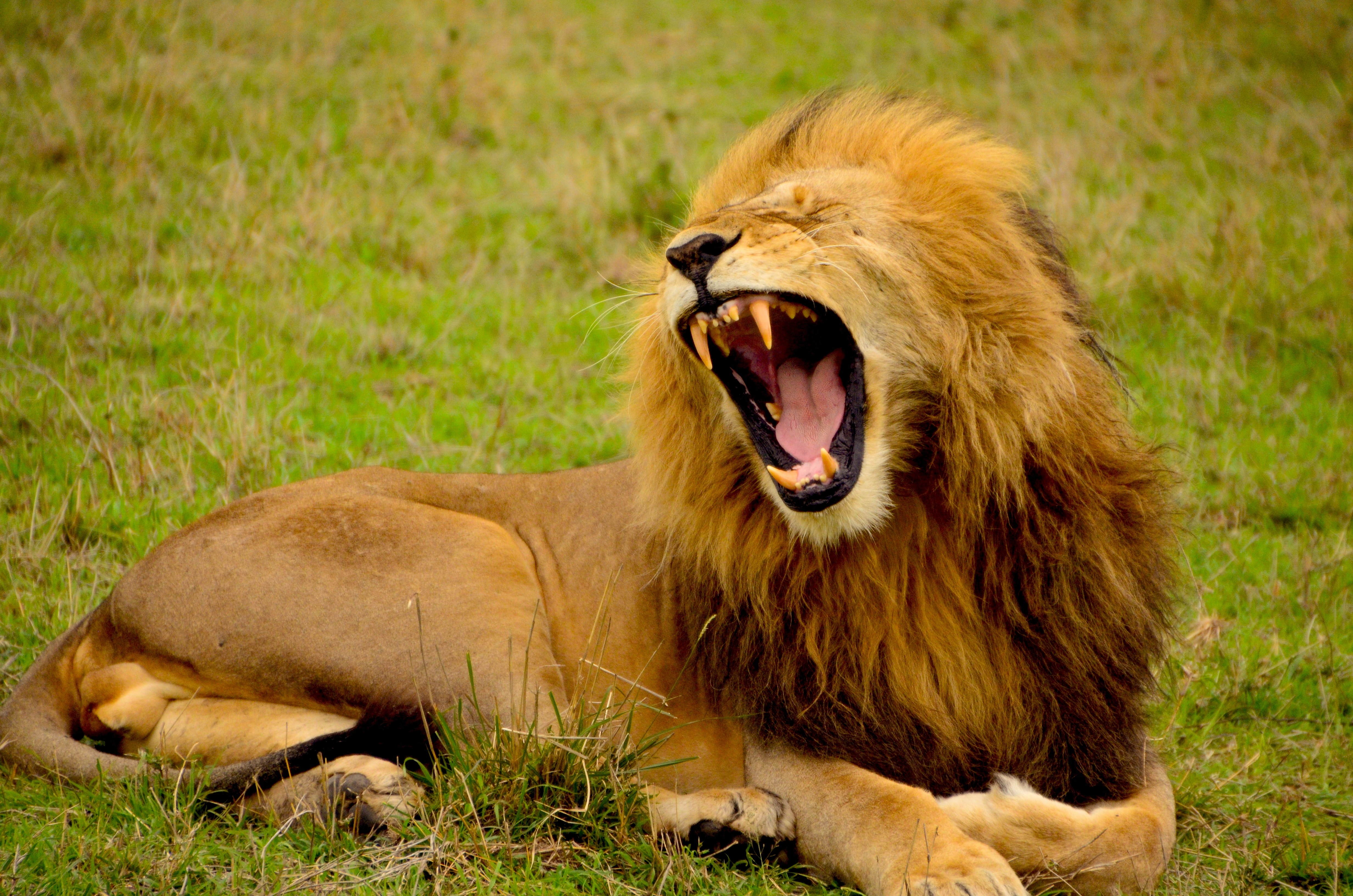Your Personal Chronotype May Be Affecting Your Health

Your Personal Chronotype May Be Affecting Your Health
By Admin
When it comes to sleep disorders, people often treat the symptoms first and do very little to address underlying conditions that can have a serious impact on their life and health. Surprisingly, the most prevalent conditions affecting sleep are oftentimes the most easily treated. Insomnia, for example, is often a direct result of lifestyle choices that leave individuals struggling to sleep from the residual effects of daytime activities. Even when medical intervention is necessary, for example, with sleep apnea cases, the prescriptions for treatment often include lifestyle recommendations such as dietary restrictions, exercise regimens, and more than anything, a healthy evening routine.
Dr. Sleep and the Chronotypes
The four chronotypes identified by Dr. Michael Breus in his book The Power of When are meant to help people recognize their own circadian rhythms and organize their lives around them. Of course, environmental and social influences will affect these dispositions, but according to Dr. Breus, there are consequences to simply “getting used to” a schedule that doesn’t meet your biological needs. If you ignore these natural tendencies, problems are likely to develop. But living your life according to the cues of your chronotype can do a lot to improve your health and sleep.
Dr. Breus, known online as the Sleep Doctor, recognized the four chronotypes when studying sleep patterns among a large number of individual patients. His characterization of these patterns as animal archetypes makes them more accessible, as most people know something about the sleep habits of animals. While Dr. Breus does explain that there are variations, and some people may fall between two chronotypes, by far the majority of individuals will associate with one of the four main designations: the bear, the lion, the wolf, and the dolphin.

The Bear
Dr. Breus has mentioned that roughly half the world's population fall under the bear chronotype or close to it. These people tend to get good sleep, for the most part, and their internal clocks match the rising of the sun to midday heights, followed by a gradual lull that leads into the evening. For a bear, the ideal day starts early and progresses slowly. Caffeine intake should be delayed until woken completely. As a day worker, a bear’s most Important tasks should be addressed in the late morning to early afternoon. Dr. Breus mentions that early evening exercising is important for bears because of their tendency to tire in the later hours. Once the exercises are done (and these can be mild exercises, if preferred), the period of winding down to sleep tends to be gradual for the bear, so their schedules should reflect and embrace this tendency. Also, it is healthy for anyone of any chronotype to spend time relaxing before sleep.
 Lion Photo by Andrew Rice via Unsplash
Lion Photo by Andrew Rice via Unsplash
The Lion
The Lion represents everyone’s ideal stereotype of the early riser, often up at the slightest hint of the sun. But unlike the bear, who tires gradually during later hours, the lion tends to experience a rather dramatic energy drop as soon as the sun begins to fall. According to Dr. Breus, lions should tackle the most important tasks of the day first, when their attention is focused, but that doesn’t mean starting as soon as the alarm rings. Pace is very important for the lion, as too much energy used early in the day can lead to more serious deficits at midday. Although many lions exercise in the morning, like bears, Dr. Breus suggests that an early evening exercise can help with the energy lulls. Being a morning person is great for the morning hours, but as it turns out, there are setbacks to those early boosts, and balance may be difficult for the Lion, causing daytime sleepiness or fatigue. Lions should also plan for possible second winds in the evening, and this is especially true if naps are taken during the lull.
 Wolf Photo by Philippe Montes via Unsplash
Wolf Photo by Philippe Montes via Unsplash
The Wolf
The wolf, like the owl, is associated with the night and can expect to rise later in the morning than most. This means that people with wolf chronotypes will not likely reach their peak energy level until the evening hours. Even for those who have gravitated toward evening jobs, Dr. Breus recommends getting a good protein-heavy breakfast and some exercise early, in order to wake the mind and body in good health. Like the bear, the wolf should wait on caffeine intake to avoid early crashes. For the wolf, the late afternoon is often the beginning of their first wind, when other chronotypes may be on the downside. To benefit from this, the wolf can take over the tasks of co-workers and address any management needs after the morning shifts have completed. The wolf will not expect to be in bed until midnight or later, so many wolves are known to have creative occupations such as writing, music, art, or culinary work.

Dolphin Photo by Michal Mrozek via Unsplash
The Dolphin
The dolphin is the most difficult chronotype to describe. Dolphins are diagnosed with insomnia even more than the wolves, since their sleep tends to come in mixed intervals. In other words, dolphins are very light sleepers and often daytime nappers as well. The sleep of a dolphin often depends on lifestyle factors such as a current workload or project deadline. Dr. Breus recommends that dolphins get plenty of exercise and eat somewhat smaller meals throughout the day. Afternoons can be used for the most important work of the day, which will keep the dolphin focused and attentive to the task at hand. And during the evening hours, between dinner and around midnight, the dolphin should focus on relaxing routines that allow for sustained rest in an optimal sleeping environment. Work should be set aside when sleep time approaches, and any noises or excessive light should be eliminated. Disturbances are likely to wake the dolphin, so environmental factors are very important.
So What Is Your Chronotype? And What Should You Do About It?
If you’re still not sure what your chronotype is after reading the descriptions, you can take the chronotype quiz on Dr. Breus' website. But before making any life changes, you should read more about it. Aside from Dr. Breus’ book, there are a number of resources available online about how chronotypes can help you plan your days in the interest of better sleep and better health.
One study, published in the journal Frontiers in Psychology focused on the pitfalls of evening regulatory controls. In other words, the real challenge is self-regulation once you know and understand your biological schedule. What scientists have found is that people who live according to these chronobiological impulses are happier, healthier, and more socially effective. But disciplining oneself in order to reap these benefits is not an easy task, especially when occupational realities do not necessarily coincide with your chronotype. Luckily, cultural changes are taking place on a global scale to improve public health standards, and this includes the sleep needs of individuals.
In a gradual but impressive shift, businesses and organizations around the world are now beginning to take human biology into account when organizing their schedules. Some even allow employees to develop their own schedules in the interest of creating optimal conditions for productivity. Businesses, like their individual employees, have found that adapting to these needs to maximize potential energy and output is, in the long term, better for everyone involved. As Dr. Breus explains, “Each chronotype will reveal exactly what you need to do to work with your body, not against it." And it's far too easy to work against your biological needs simply to cope with life's demands. Knowing and abiding by your personal chronotype will help you put an end to this struggle and take a more healthful approach to daily life.
Sources
Amerisleep - https://www.amerisleep.com/blogb/what-is-your-chronotype/
Business Insider - https://www.businessinsider.com/design-your-work-schedule-sleep-chronotypes-2018-12
Frontiers in Media - https://www.frontiersin.org/articles/10.3389/fpsyg.2018.00077/full
International Journal of Psychiatry in Medicine - https://journals.sagepub.com/doi/abs/10.1177/0091217417749787?journalCode=ijpb
New York Times - https://www.nytimes.com/2018/12/24/well/mind/work-schedule-hours-sleep-productivity-chronotype-night-owls.htm
Public Library of Science - https://journals.plos.org/plosone/article?id=10.1371/journal.pone.0216309
Sleep and Breathing - https://www.ncbi.nlm.nih.gov/pubmed/25348278
Thepowerofwhenquiz - https://thepowerofwhenquiz.com/l
The Sleep Doctor - https://thesleepdoctor.com/


You must be logged in to post a comment.
Click here to log in